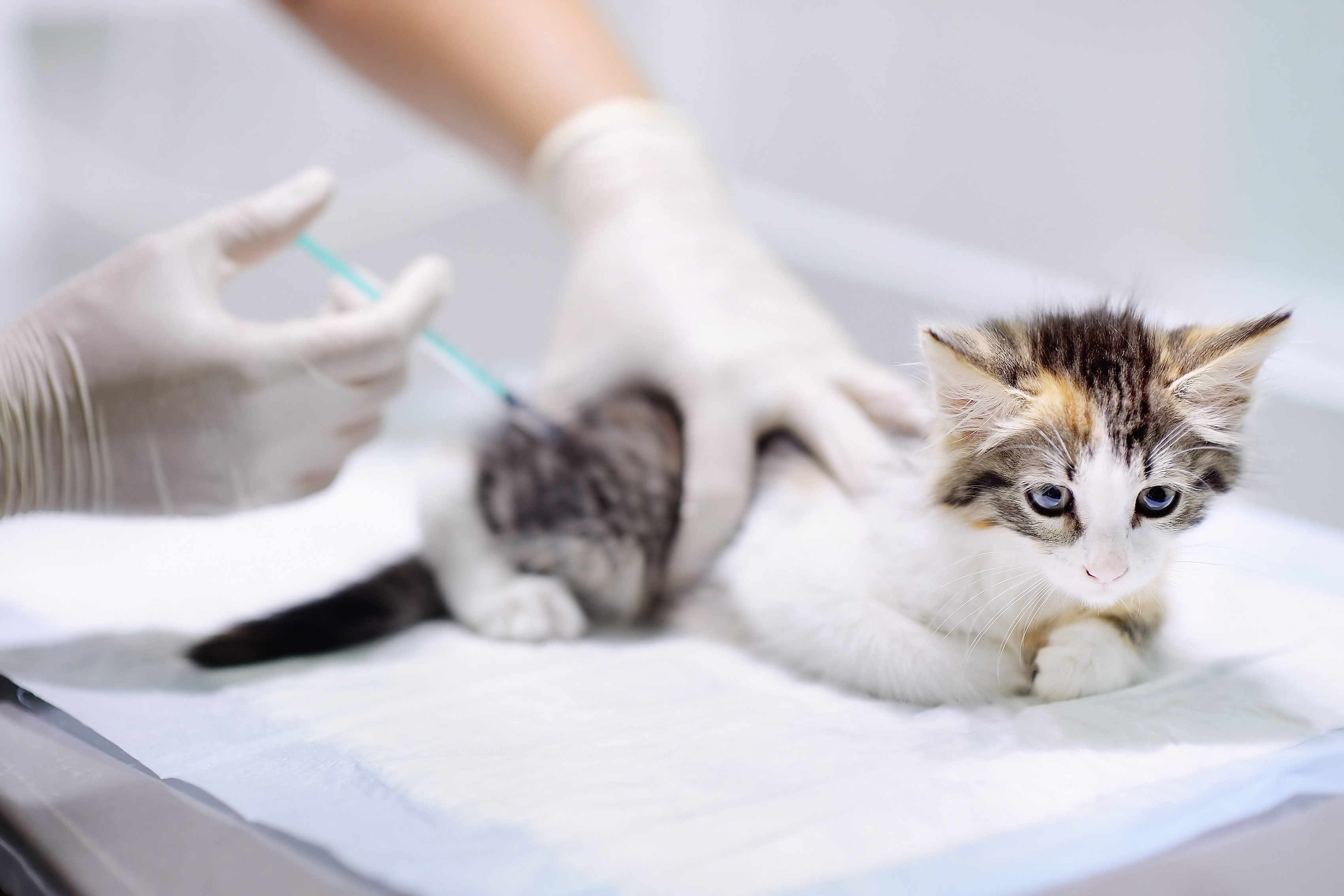
Do you dream of having a little cat friend to cuddle with at home? Does your fur animal allergy put a stop to it? Runny nose, itchy eyes and sneezing are all symptoms of fur animal allergy. Cat allergy is the most common form of fur animal allergy, and it is estimated that about every tenth of people are allergic to cats. But soon, that figure may change. Now researchers have developed a vaccine that can be the answer to your prayers. A team of researchers has been developing the HypoCat-vacc vaccine for almost a decade. The vaccine works by neutralizing the protein Fel d1, which is the most common allergen. Error d1 is found in the cat’s saliva and skin.
Vaccine For Cats

The vaccine is, therefore, not given to us humans but cats. In four different studies, the researchers tested HypoCat on 54 cats with positive results. And most importantly – the cats have not reacted or had any side effects on the vaccine. For the vaccine, mosaic virus from cucumbers was combined with the Fel d1 molecule. The vaccine triggers the cat’s immune system to produce antibodies that attack and destroy the Fel d1 protein. The cats became less allergenic to humans compared to cats that did not receive the vaccine.
Can Help Cats Stay in Their Homes?
It is not known exactly how many homeless cats there are in Sweden, but it is estimated that about 100,000 misses do not have a home today, according to Agria. Some cats are born homeless, while others become homeless during their lives – among other things because their mother or master becomes allergic and needs to leave the cat. This vaccine can help cats stay in their homes, and cat owners avoid having to give up their pets – something that researchers are also hoping for. Both humans and animals can benefit from this treatment because allergic cat owners would reduce the risk of developing chronic diseases like asthma and become more tolerant of their pets. Therefore, they can then stay in their homes and not have to be left to animal shelters.
Symptoms of Allergies in Cats

- The clinical picture of allergies in cats is highly variable and can include the following symptoms:
- severe itching – rubbing against objects and scratching
- hair loss (alopecia)
- gastrointestinal problems: nausea, vomiting, diarrhea
- secondary bacterial infections: skin infections and other organ inflammations
- Allergic asthma and anaphylactic shock: danger of sudden death due to shortness of breath
Environmental Allergies (Atopy)
Like humans, cats can develop allergies against different environmental allergens such as pollen or house dust. The latter usually causes dermatitis throughout the year, while pollen allergy appears seasonally. Other examples of other airborne allergens are mould spores or aromatic substances that may be present in the cat litter.

Allergic reactions in cats are usually caused, above all, by flea infestation or instead flea saliva. Increased licking due to severe itching can lead to secondary bacterial or fungal infections that can worsen skin inflammation. Small inflamed nodules on the back, called feline miliary dermatitis, are typical in affected kittens.
Food Allergies
In addition to allergy to flea saliva, Food allergy is also common in felines. This can develop spontaneously and, in addition to itching, can cause vomiting and diarrhea. It is important to distinguish a food allergy from food intolerance since an oversensitivity of the immune system does not cause the latter.
Feline Eosinophilic Granuloma Complex (CGE)

For this specific allergic disease of cats, the exact cause is not yet known. However, it is assumed that a flea infestation can trigger it. The condition causes solid defensive reactions of the immune system, especially in the oral area, which lead to inflammatory nodules (eosinophilic granulomas) and sometimes severe pain. In addition to inflammation of the mucous membranes, an infection can also occur in other skin regions such as the head or the inner thighs.





